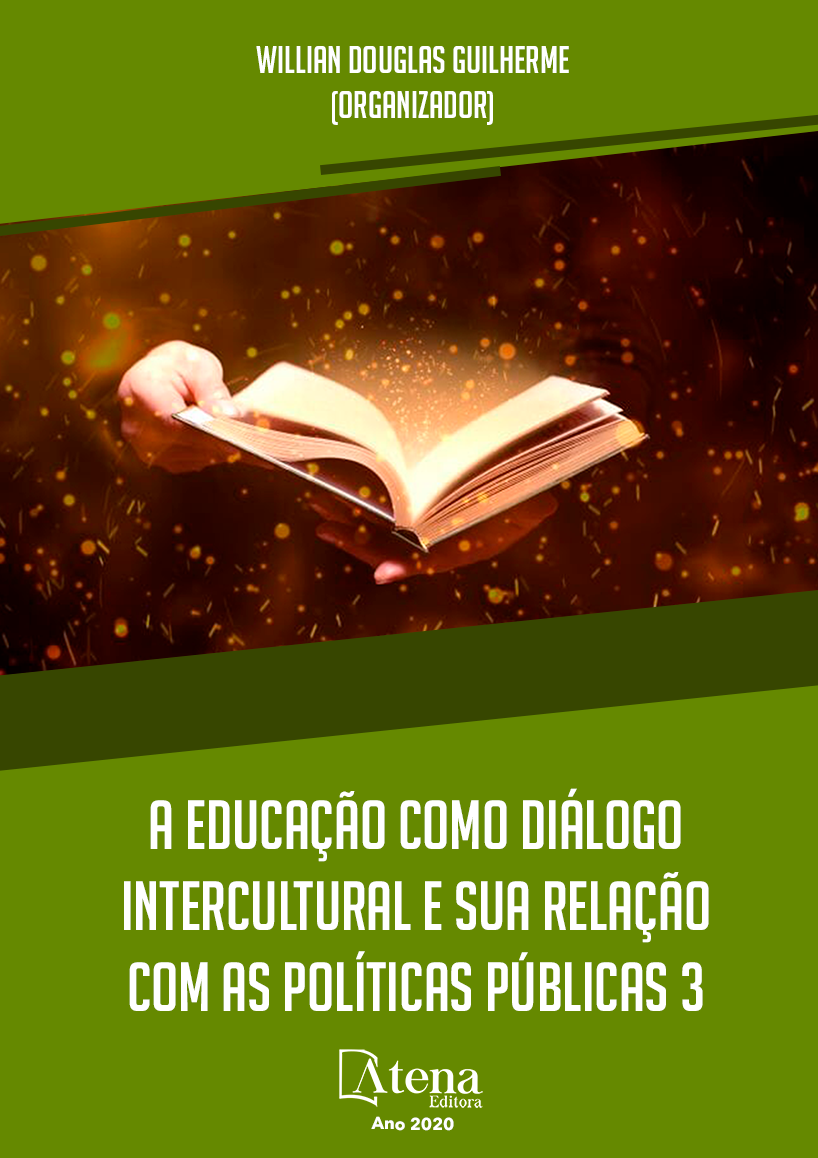
UMA INTELIGÊNCIA POR TODAS
Esse trabalho baseia-se na teoria das Múltiplas Inteligências, de Howard Gardner, um psicólogo cognitivo e neurocientista de Harvard, que relata as disparidades relacionadas a essas inteligências dentro da sala de aula. Atualmente, a medida da inteligência dos alunos nas escolas, baseia-se em um único tipo de inteligência, em sua maioria, focada em cálculos e resultados. Por muitas vezes, por não conhecerem suas próprias inteligências, os alunos não sabem a melhor forma de estudar em casa ou até mesmo qual seria o melhor método para otimizar seu aprendizado. Os professores têm papel fundamental nessa mediação do acesso ao conhecimento, mas muitas vezes, desconhecem as múltiplas inteligências e as estratégias para trabalha-las em sala de aula com o seu conteúdo. O trabalho mostra que a maioria dos alunos da 2ª Série do Ensino Médio do Colégio Pró-Uni possui inteligências totalmente diversificadas das que são valorizadas e utilizadas pelos professores na escola, o que dificulta a sua aprendizagem. O trabalho propõe medidas que minimizariam esses problemas para os alunos e os professores, aprimorando cada vez mais a forma de se adquirir conhecimento, expandindo as possibilidades de aprendizagem dentro e fora da sala de aula.
UMA INTELIGÊNCIA POR TODAS
-
DOI: 10.22533/at.ed.5602019036
-
Palavras-chave: Inteligências Múltiplas. Métodos de estudo e aprendizagem.
-
Keywords: Multiple Intelligences. Studying and learning methods.
-
Abstract:
This paper is based on the theory of Multiple Intelligences by Howard Gardner, a cognitive psychologist and neuroscientist at Harvard that reports the disparity related to these intelligences within the classroom. Currently, the measurement of student intelligence in schools is based on a single type of intelligence, mostly focused on calculations and results. Often, due to the lack of knowledge of their own intelligence, students do not know the best way to study at home or even what would be the best learning method to optimize your learning. The teachers have a fundamental function in the mediation of knowledge access, but quite often, they do not know the multiple intelligences and some strategies to work them in the classroom with your content. This article shows that most students in the second degree of High School at Colégio Pró-Uni possesses a variety of intelligences which were appreciated and employed by teachers in school, that stunts his apprenticeship. This work proposes measures that would minimize these issues for students, improving the form to acquire knowledge, expanding the possibilities of learning inside and outside the classroom.
-
Número de páginas: 7
- Matheus de Barros Silva Cardoso Henrique
- Lílian Coutinho de Barcelos
- Geísa Fonseca de Gonçalves


